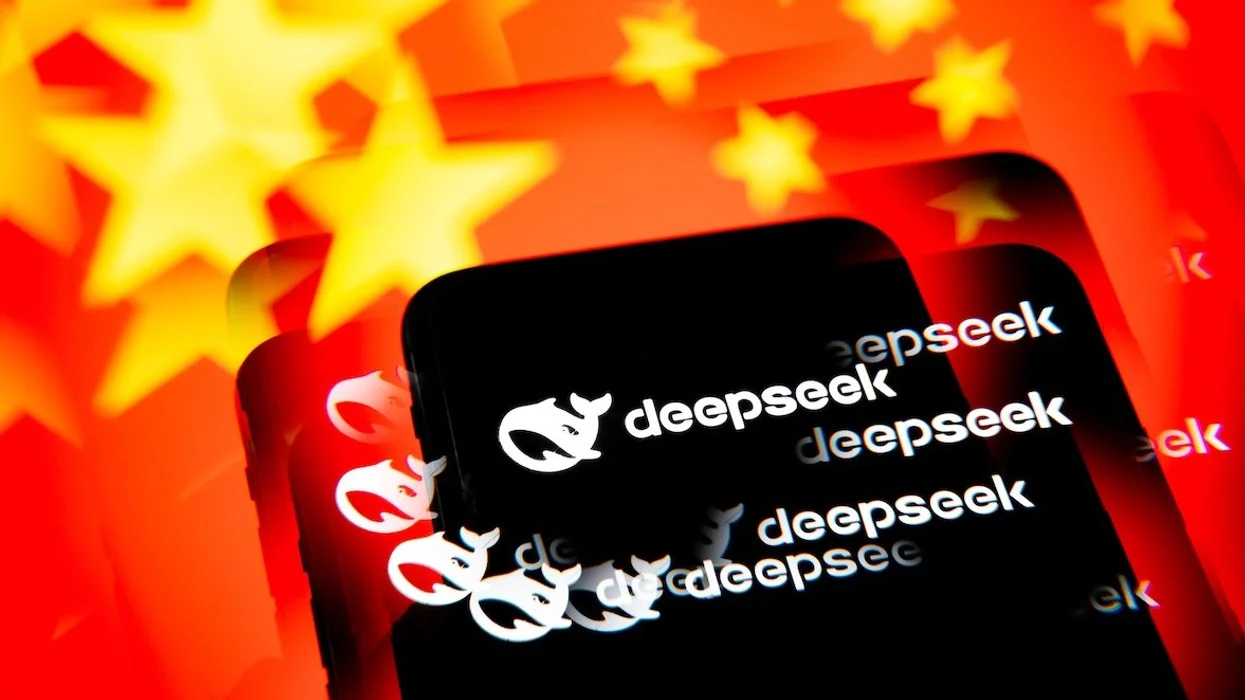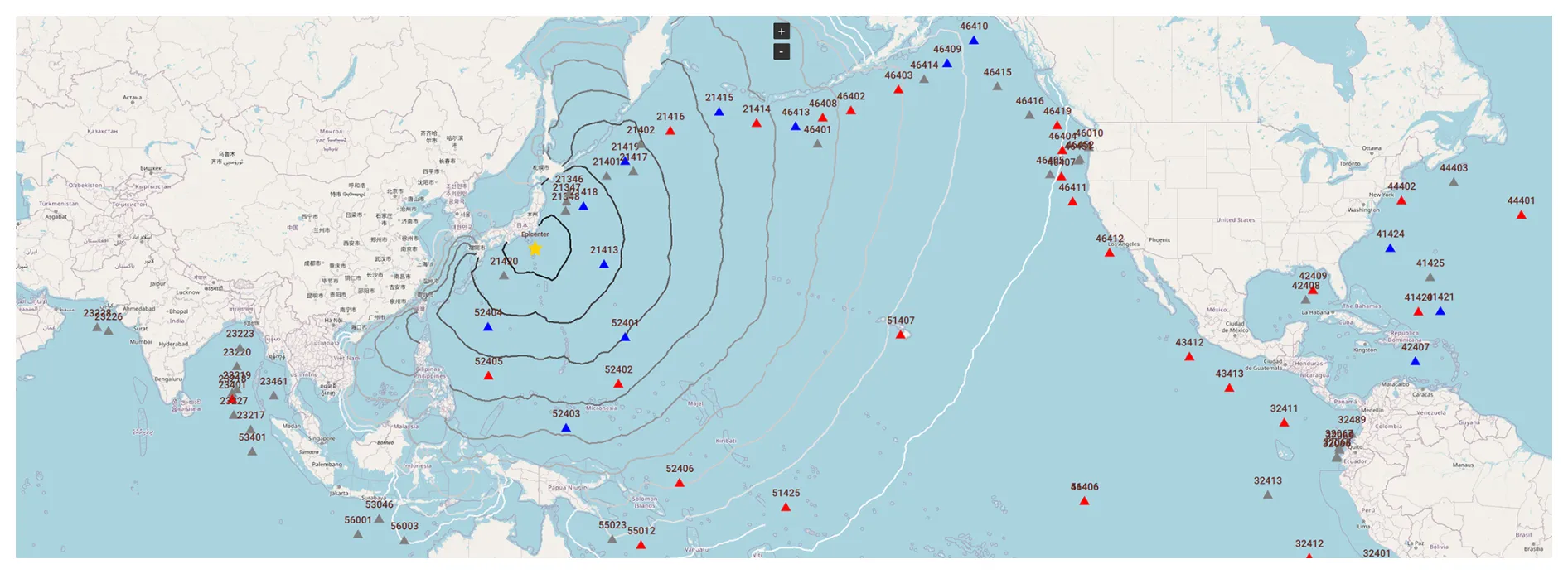Last week, OpenAI introduced its highly anticipated search product, ChatGPT Search, with the ambitious aim of directly competing with the internet search giant, Google. This new AI-powered search engine is designed to provide more detailed and personalized answers, with a focus on delivering contextual and useful information more efficiently than traditional search engines.
With the rise of AI, many industry observers anticipated that this launch could signal the end of Google's reign as the primary search engine, as ChatGPT Search promises a more intuitive experience, free of ads, and optimized to answer complex questions.
However, despite the excitement generated by the launch of ChatGPT Search, initial tests have raised some doubts about its ability to replace Google for everyday use. Although ChatGPT Search presents an innovative proposal by offering more complete and direct answers, its lack of reliability with real-time queries and inability to handle short or common searches limits its effectiveness.
On many occasions, the information provided by the AI in ChatGPT Search is either inaccurate or outdated, creating a significant barrier for users to trust the service for everyday tasks. Therefore, despite its potential, ChatGPT Search still faces significant challenges that make it insufficient to replace Google as the primary search engine. Below, ITD Consulting provides the details of ChatGPT Search.
The Promise of More Contextual Search
ChatGPT Search stands out by offering more detailed and contextualized answers instead of the links and sponsored ads that dominate Google. This approach of ChatGPT Search is designed to provide a more user-friendly experience, where direct answers to queries are prioritized without relying on search engine-optimized content (SEO).
In this regard, ChatGPT Search shares similarities with other AI-based search platforms like Perplexity and You.com, which also aim to provide quick and verifiable answers without the distraction of ads.

The ChatGPT Search interface is designed to display concise summaries of information generated by the search engine from various sources. On the right side of the ChatGPT Search screen, users can see links to sources, making it easier to verify information. This type of presentation in ChatGPT Search is an improvement over the ad saturation and SEO content that currently characterizes Google.
Unlike Google, which relies on its PageRank algorithm to rank results based on the relevance of links, ChatGPT Search uses AI to understand the context of the search and provide answers that are more accurate, based on actual content rather than just the site's relevance.
Additionally, ChatGPT Search offers more in-depth answers tailored to the type of query, making it more useful for obtaining complex information, rather than simply redirecting users to web pages containing the information.
Limitations with Short Queries and Web Navigation
One of the biggest challenges ChatGPT Search faces is its inability to efficiently handle short queries and navigational searches. These types of searches, which generally consist of one or two words, represent the bulk of queries made on search engines like Google.
Common examples include questions like “library hours,” “weather in San Francisco,” or “Nuggets score.” These queries, while simple, are essential for users to navigate the web quickly, and Google has mastered them thanks to its speed, accuracy, and simplicity.
When trying to use ChatGPT Search for a query like "Nuggets score" in real time, the system returned incorrect information, showing the wrong score. In a search about the earnings of Apple and Amazon, the AI stated that the companies had not yet announced their results, when in fact both had done so the day before.
These types of “hallucinations” (errors generated by AI) highlight one of the main weaknesses of ChatGPT Search: its lack of reliability when it comes to real-time data accuracy. Errors like these make the search engine unsuitable for everyday queries that require quick and precise answers.
Google, on the other hand, has optimized its engine to provide precise and fast answers, even for short queries. Through tools like the Google Knowledge Graph, which organizes information in a structured and contextualized manner, Google can offer instant results that meet users' needs.
This is particularly important when looking for live event information or breaking news, as Google can provide links directly related to what the user is looking for.
The Difficulty of Replacing Google's Approach
For over two decades, Google has been the go-to search engine due to its ability to provide fast answers to short queries. Google's advantage lies in its focus on keywords and its ability to quickly redirect users to the right page without complications.
For ChatGPT Search, this type of short search represents a challenge, as the underlying language model requires longer and more structured queries to provide accurate responses.
Unlike Google, which uses search algorithms optimized to find relevant pages from just a few keywords, ChatGPT Search needs complete, detailed questions to interpret the query correctly and generate appropriate answers.
This need for more complex queries in ChatGPT Search is a significant hurdle, especially when considering that millions of people conduct fast, short searches every day, almost unconsciously.
Additionally, users are accustomed to the immediacy that Google offers. The process of searching on Google is fast and straightforward, while ChatGPT Search, being AI-based, takes more time to process the query and generate an appropriate response. This could be a disadvantage for ChatGPT Search users who prefer quick and direct solutions.

Improvements for the Future: Faster and More Accurate Search?
OpenAI has publicly acknowledged that ChatGPT Search still struggles with short queries. According to company spokespeople, users tend to phrase questions more naturally when interacting with the search engine, prompting OpenAI to work on improvements to make the tool more effective for this type of search. Despite these limitations, OpenAI has stated that it plans to optimize the ChatGPT Search browsing experience to enable faster and more efficient searches.
One potential solution for ChatGPT Search could be adjusting the system to be more agile in interpreting shorter queries. However, the fact that ChatGPT Search relies on Microsoft's Bing for its search capability could be a limiting factor in its performance, as Bing is not as efficient or optimized as Google for these types of short queries.
Microsoft’s dependency also raises questions about how much OpenAI can improve its search engine, ChatGPT Search, if it continues to use a database that doesn’t meet the same standards as Google.
Another possible improvement for ChatGPT Search could be better handling of real-time updates. Currently, the AI does not always provide the most up-to-date information, which limits its usefulness when it comes to current topics or events.
Integrating ChatGPT Search with real-time information sources could help improve the accuracy of responses, making the search engine more competitive with Google.
The Niche of AI in Search
Although ChatGPT Search has significant limitations, especially when it comes to short queries, OpenAI's product shows great potential in more in-depth and complex areas of information search. Rather than being a tool that replaces Google for quick navigation, ChatGPT Search could complement it by offering more detailed and contextualized answers for longer queries.
For complex research questions, such as “Which U.S. professional sports league has the greatest diversity?”, ChatGPT Search can provide more analytical and detailed answers than Google. These types of searches, which require deeper analysis and evaluation of different sources, are where AI-powered search engines like ChatGPT and Perplexity are starting to shine.
Some experts have pointed out that ChatGPT Search, like Perplexity, is designed to answer more elaborate questions, rather than quickly searching for relevant pages from just a few keywords. In this regard, these AI-based search engines may be opening a new niche in the market: deep, well-researched searches that allow users to obtain more complete and verified information, rather than simply receiving a link to an SEO-optimized article.
This deeper search approach also allows ChatGPT Search to excel in areas where data interpretation and comparison of different perspectives are important. For example, when asking about political, scientific, or social topics, the AI can provide a more detailed analysis of the different opinions and studies on the subject, which could be useful for users seeking a more complete understanding of the issues.
User Experience with ChatGPT Search
When testing ChatGPT Search, many users have noted that the tool does not consistently meet their expectations. While it provides useful answers in some cases, its lack of precision in many everyday searches makes it difficult to rely on for daily navigation. Issues with broken links, incorrect answers, and AI “hallucinations” are barriers that OpenAI will need to overcome if it wants ChatGPT Search to be a viable option for users conducting quick searches.
However, the tool shows promise when it comes to more in-depth queries. The answers generated by ChatGPT Search are more detailed and offer greater source verification than what is typically found in many traditional search results. This approach could attract users interested in obtaining more complete and analyzed information on complex topics, rather than simply clicking on the first link that appears.
One of the most appealing features for users is ChatGPT Search's ability to provide answers that summarize different perspectives on a topic. This is something Google cannot easily do, as its results are typically biased toward the most relevant and SEO-optimized websites, which may limit the diversity of viewpoints in the results.

The launch of ChatGPT Search marks a turning point in the history of online search, but it is still far from effectively competing with Google in most everyday searches. Despite OpenAI's impressive AI capabilities in generating detailed and contextualized answers, ChatGPT Search still faces significant challenges.
Its inability to handle short queries accurately and efficiently limits its usefulness in many everyday scenarios. Users, accustomed to the speed and efficiency of Google in providing instant answers to simple queries, may find ChatGPT Search not agile enough for this type of search.
However, ChatGPT Search excels when it comes to more complex questions that require a more elaborate and personalized response. The AI-powered approach of ChatGPT Search enables a deeper understanding of queries, leading to more complete and contextualized answers.
This type of experience is undoubtedly a step forward in how we interact with information online, especially in areas like academic research, the analysis of complex topics, or the search for specialized content. In these cases, ChatGPT Search can be an invaluable tool, offering a deeper and more nuanced insight than traditional Google results.
Despite these advancements, for ChatGPT Search to be a real alternative to Google, OpenAI will need to improve its ability to provide accurate, real-time responses, particularly for more direct and frequent searches. Furthermore, optimizing ChatGPT Search for shorter, high-volume queries, like those most users conduct daily, will be key to expanding its adoption.
Users expect fast, reliable answers, and until ChatGPT Search can consistently meet these expectations, Google will remain the preferred search engine for most people.
The competition in the search market is far from settled, and while Google remains the undisputed king of fast, everyday searches, the rise of emerging technologies like ChatGPT Search promises to transform the way we interact with the web. In the coming years, as AI-powered search engines continue to evolve, we may see greater integration of systems like OpenAI's into various platforms and services.
This could redefine online search, offering a more intuitive experience tailored to each user's needs. However, Google's dominance in conventional search does not appear to be in immediate danger, but the competition will be fiercer than ever.
If you'd like to learn more about innovations in AI like ChatGPT Search and how to stay ahead of technology, feel free to contact us at [email protected]. We have a team of experts ready to guide you with the best in technology.





